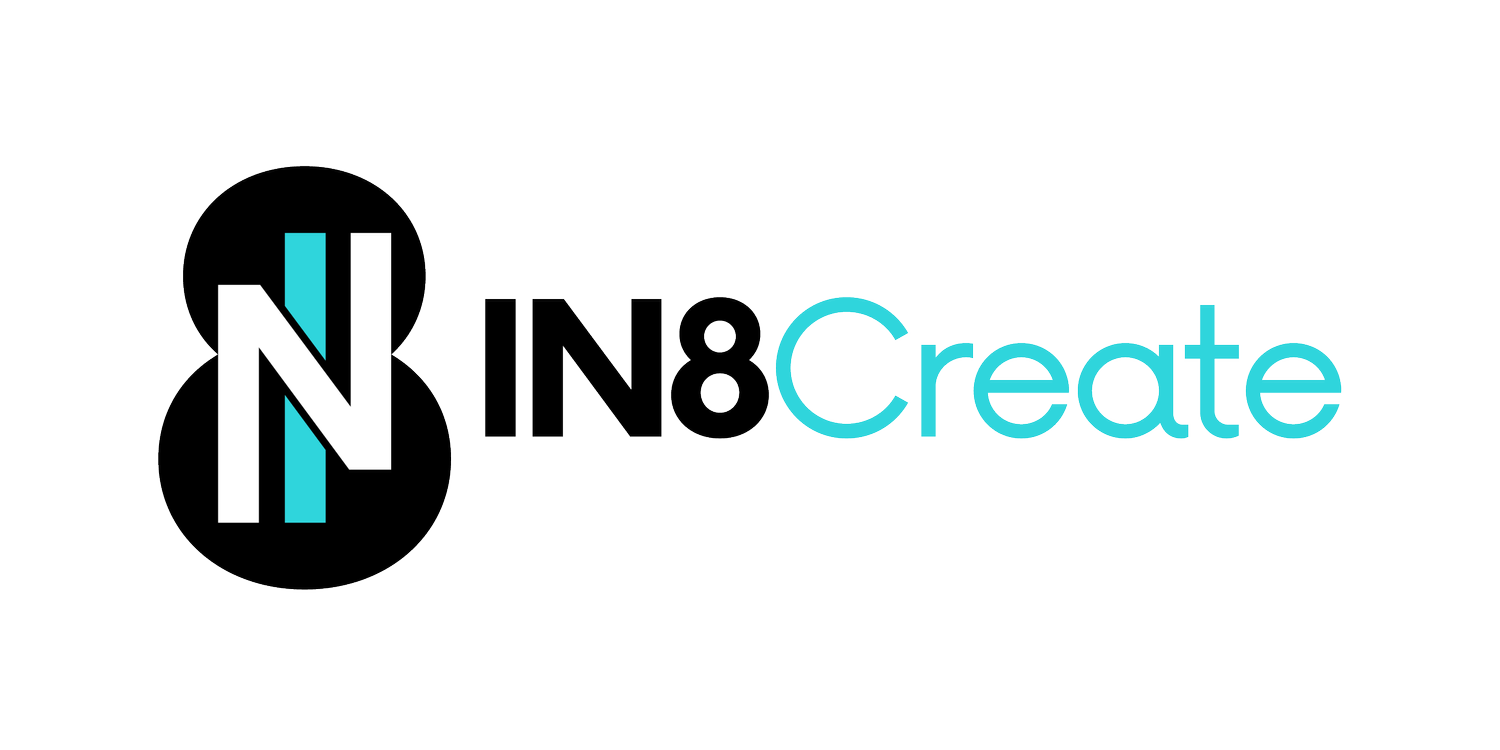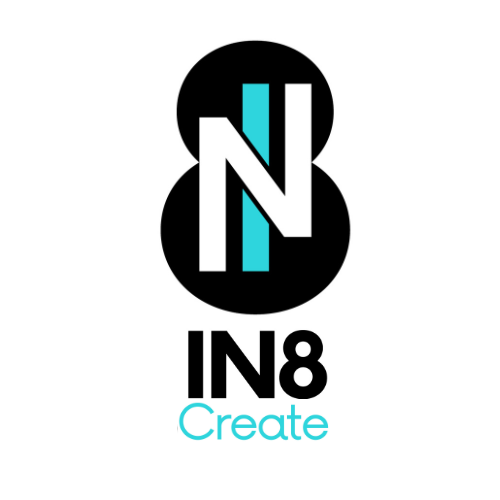The Path Ahead: Psychological Safety in a Flexible Work Era
Unlocking the Future of Work: Why Trust, Empathy, and Voice Matter in the Post-Pandemic World
As the dawn of what might become our new normal is upon us there are many conversations and decisions happening about remote versus in person work.
For most organizations, this will be an experiment that will shift and iterate as time moves on.
As organizations, teams, and individuals negotiate and test new norms of interaction and work schedules, ensuring voices are heard and understood may be more important than ever.
As reported by Bloomberg, nearly 40% of people are considering leaving their jobs if their organization cannot deliver a flexible work schedule.
As leaders and individuals navigate this change, psychological safety will be the key that unlocks the future.
What is Psychological Safety?
Professor Amy Edmondson, author of The Fearless Organization, defines it as “The belief that the work environment is safe for interpersonal risk taking.”
It’s about feeling not only free, but responsible to share ideas, concerns, and uncertainties. This is only present when there is trust and respect between colleagues.
Professor Edmonson also notes “ “Psychological safety is a belief that one will not be punished or humiliated for speaking up with ideas, questions, concerns, or mistakes.”
As people, we tend to navigate all interpersonal interactions with a degree of intent around how we will be perceived. If we don’t have psychological safety we may be prone to guard ourselves.
“Don't want to look ignorant? Don't ask questions. Don't want to look incompetent? Don't admit to mistakes or weaknesses. Don't want to be called disruptive? Don't make suggestions” Professor Edmondson states.
Why is this important?
According to Google’s Project Aristotle, a 4 year study to find out what makes the best teams, psychological safety is by far the most important aspect to team success. According to Google’s Rework website:
”In a team with high psychological safety, teammates feel safe to take risks around their team members. They feel confident that no one on the team will embarrass or punish anyone else for admitting a mistake, asking a question, or offering a new idea.”
There is financial upside as well. In the 2017 Gallup State of the Workplace Report, three out of ten U.S. employees agree that their opinion counts at work. The report states “...by moving that ratio to six in 10 employees, organizations could realize a 27% reduction in turnover, a 40% reduction in safety incidents and a 12% increase in productivity”.
How does this relate to a return to work strategy?
This is a complex and interdependent experiment. Ensuring alignment and clarity of voice between all stakeholders is imperative, and since everyone is impacted by the decision, everyone is a stakeholder.
Capturing concerns with how work will be done, mining ideas to merge flexibility and collaboration, and unearthing pressure points will provide a solid foundational path for moving forward.
A few recommendations on how to promote psychological safety:
Clearly define objectives and team norms
Ensuring everyone understands what is at stake and what they are working towards will help create an underlying unity.
Look to others with empathy
Try to understand the world from their shoes. Work/life and various role differences enable a myriad of variations in a complex interdependent organization.
Encourage honesty, candor, and discipline
Gaining feedback and encouraging voice is important, as is ensuring it is done so productively. Building a tool or process is one way to do this. Make sure to avoid the trap of letting a tool or process become a black hole. Use the information gained, and widely share how it is being used.
Lead by example; share yourself and your failures
As we take off our masks physically, take off the metaphorical one as well and share the fears and failures in your world. This will set the stage for others to follow in your footsteps.
Human interaction is messy but in this time of hyper productivity, it is the human relationships and interpersonal interactions that truly separate the high performers from the average.
Do you want a workshop to unleash your team or organization's insights and ideas? Hire an IN8 Create expert today.
Here are some resources for more on psychological safety:



